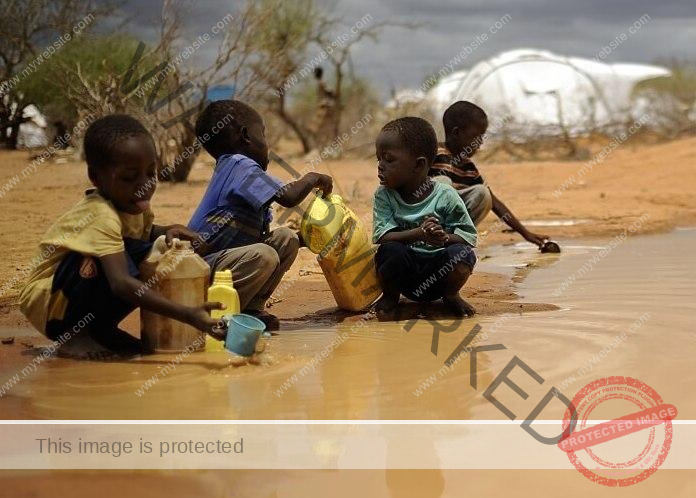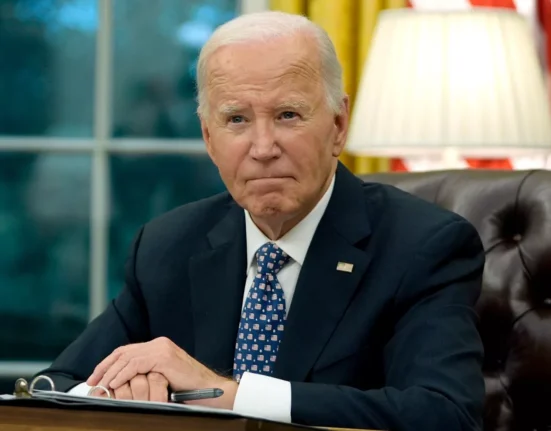By Dr. Mungwa, M.Eng, M.Sc(Eng). MBA, M.Phil. , PhD, PE, PMP, F.ASCE
Licensed Professional Engineer.
Introduction:
Who Builds Health?
In a world shaped by pandemics, environmental disasters, and collapsing infrastructure, the question of who truly stands on the frontlines of public health is more urgent than ever—especially in emerging nations like Ambazonia. While medical doctors are often hailed as heroes, it is time we recognised the quiet, enduring, and foundational role of civil engineers in shaping the very conditions for health.
This investigative report, grounded in global evidence and regional realities, makes the case that civil engineers are the indispensable first responders of public health, particularly in fragile, post-colonial states such as Ambazonia. It concludes with a bold set of engineering-centered health policy recommendations tailored to Ambazonia’s unique liberation and nation-building context.
I. The Hidden Foundation of Public Health
Most health interventions begin after someone falls sick. Engineering interventions aim to prevent people from falling sick in the first place.
Unsafe water? Cholera follows.
No drainage? Malaria and typhoid erupt.
No bridges or roads? Pregnant women die in transit.
Overcrowded housing? Respiratory infections spread.
These are not medical failures. They are engineering voids.
II. Comparative Impact: What the Numbers Reveal
Health Challenge Medical Intervention Engineering Solution
Cholera, Typhoid, Diarrhea Antibiotics, oral rehydration therapy Clean water systems, latrines, storm drains
Malaria Bed nets, medication Mosquito-proof housing, wetlands drainage
Maternal mortality Midwifery, emergency care Rural roads, solar-powered clinics
Tuberculosis, COVID-19, Flu Vaccines, treatment Ventilation, decongested housing
World Bank (2023): “In developing nations, over 60% of disease burden is linked to poor infrastructure and environmental conditions.”
III. Ambazonia’s Health Infrastructure Crisis
After decades of marginalization under French Cameroun occupation, Ambazonia’s health outcomes have deteriorated not for lack of doctors, but for lack of systems. As Ambazonia emerges into self-determination, rebuilding must focus not only on medicine—but on engineering health into the environment.
Key Challenges in Ambazonia:
80% of rural areas lack piped clean water
Widespread open defecation and water source contamination
Impassable roads in rainy seasons cut off communities
Collapsed drainage systems breeding malaria and cholera
These are engineering challenges—and therefore engineering opportunities.
IV. Engineering the Ambazonian Health Nation: Recommendations
1. Establish a Department of Public Health Engineering (DPHE)
Under the Ministry of Health and the Ministry of Works, this department would lead:
National WASH (Water, Sanitation and Hygiene) infrastructure
Rural road access to clinics and maternity centers
Drainage and vector control master planning
2. Prioritize Infrastructure in Health Budgeting
At least 30% of the national health budget should be allocated to public health infrastructure: water systems, latrines, roads, health facility construction.
3. Develop a National Public Works Corps (NPWC)
Modeled after the U.S. Public Works Administration, the NPWC would:
Train young Ambazonian engineers and technicians
Employ local labor in rebuilding clinics, schools, and drainage.
Partner with diaspora engineers and NGOs for rapid deployment.
4. Create Engineering-Health Joint Task Forces
Every district hospital or health center should be co-led by:
A Medical Director
A District Sanitary Engineer
This dual leadership ensures environmental conditions are as monitored and managed as drug supplies.
5. Integrate Engineering into Medical Training
Public health curricula should include:
Environmental engineering basics
WASH management
Risk assessment of infrastructure-induced health hazards
6. Invite Diaspora and Global Partners
Partner with Engineers Without Borders, WaterAid, and World Toilet Organization
Invite Ambazonian engineers abroad to participate in short-term nation-building missions
7. Pass the National Health Infrastructure Act (NHIA)
This landmark law would enshrine access to clean water, safe housing, and sanitation as health rights, with mandatory engineering standards at the district level.
V. Final Word: In Ambazonia, Prevention is Freedom
A liberated Ambazonia must be more than politically free—it must be structurally sovereign. Disease prevention through engineering is the most cost-effective, scalable, and just form of liberation health strategy. Doctors are warriors in white coats. But it is engineers who dig trenches, purify water, open roads, and make it possible for entire populations to live with dignity.
Let Ambazonia not build more hospitals to treat cholera. Let her build a nation where cholera cannot exist.
Dr. Martin Mungwa, PE, F.ASCE
Licensed Professional Engineer (USA)
Fellow, American Society of Civil Engineers



















Leave feedback about this